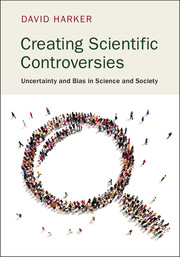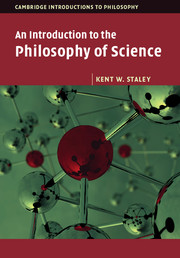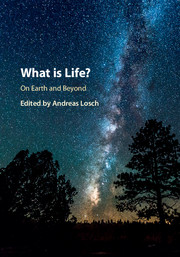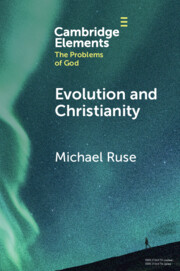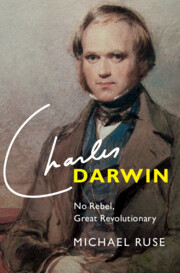Creating Scientific Controversies
For decades, cigarette companies helped to promote the impression that there was no scientific consensus concerning the safety of their product. The appearance of controversy, however, was misleading, designed to confuse the public and to protect industry interests. Created scientific controversies emerge when expert communities are in broad agreement but the public perception is one of profound scientific uncertainty and doubt. In the first book-length analysis of the concept of a created scientific controversy, David Harker explores issues including climate change, Creation science, the anti-vaccine movement and genetically modified crops. Drawing on work in cognitive psychology, social epistemology, critical thinking and philosophy of science, he shows readers how to better understand, evaluate, and respond to the appearance of scientific controversy. His book will be a valuable resource for students of philosophy of science, environmental and health sciences, and social and natural sciences.
- The first book-length introduction to the concept of a created scientific controversy
- Discusses a wide variety of issues from climate change to creation science, public health to critical thinking
- Features discussion questions which will be helpful to students
Reviews & endorsements
'Harker has produced a valuable book that introduces students to important insights from the philosophy of science and cognitive psychology in order to prepare them for grappling with major debates at the intersection of science and society.' Kevin Elliott, Michigan State University
'This is a stimulating and engaging book that introduces some of the core issues in the philosophy of science by taking the reader through a variety of important scientific controversies. By means of this novel approach it offers a useful resource to not only philosophers of science and their students but also anyone concerned about rational decision making and critical thinking in general, including the scientifically literate public and scientists themselves.' Steven French, University of Leeds
'This is a unique and important book that addresses a topic of pressing social and political importance with great care and clarity, and an excellent understanding of the relevant science. This is applied philosophy of science at its best.' James Ladyman, University of Bristol
'This book has the look and feel of a classroom text, complete with topics for discussion at the end of each chapter. … Harker spends a good deal of time providing background on the history of the philosophy of science, elementary logic, and the literature on cognitive bias. Each of these topics in and of themselves is useful. Indeed, Harker's explanation of the problem of underdetermination of theory by evidence was extremely well done. The explanation of the literature on cognitive bias was also a nice compendium of diverse research findings.' Lee McIntyre, Metascience
Product details
September 2015Adobe eBook Reader
9781316409756
0 pages
0kg
13 b/w illus. 6 tables
This ISBN is for an eBook version which is distributed on our behalf by a third party.
Table of Contents
- Introduction: scientific authority and the created controversy
- Part I. Lessons from the Philosophy of Science:
- 1. Defining science and the empiricist approach
- 2. Two challenges for the naïve empiricist
- 3. A revolution in how we think about sciences
- 4. Sciences as historically and socially situated
- Points to remember: Part I
- Part II. Biases, Arguments and Created Controversies:
- 5. Inherent irrationality: cognitive biases and heuristics
- 6. Thinking more clearly: arguments, reasoning and informal fallacies
- 7. Created controversies and how to detect them
- Points to remember: Part II
- Part III. Exposing Created Controversies:
- 8. Environmental scare: the case of anthropogenic climate change
- 9. Sciences, religion and an intelligently design controversy?
- 10. Issues of public health: aids, autism and GMOs
- Points to remember: Part III
- Concluding remarks
- References
- Index.

